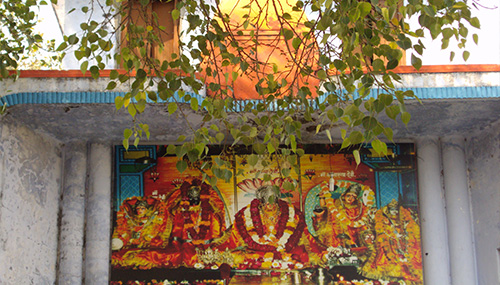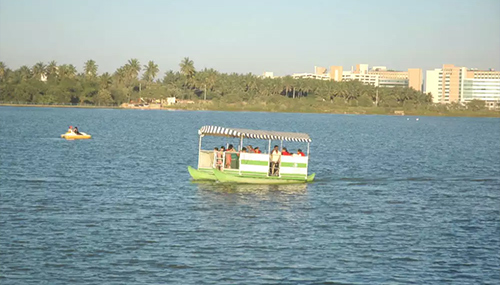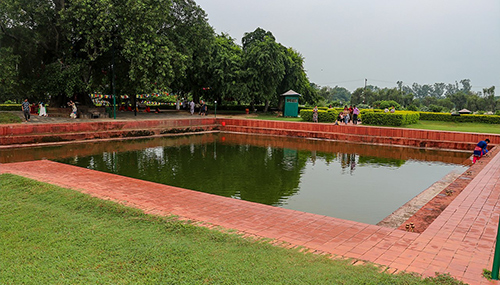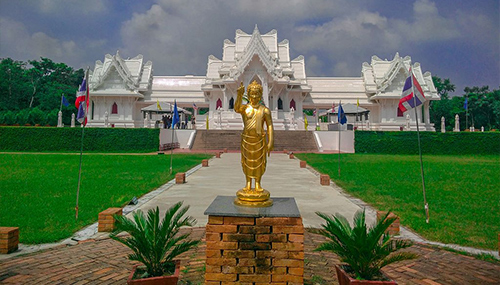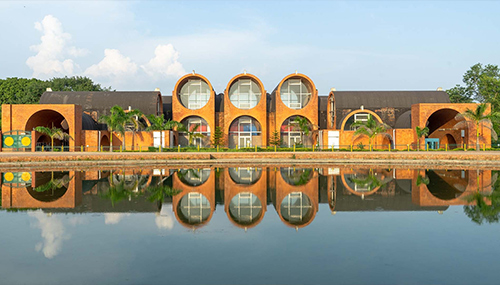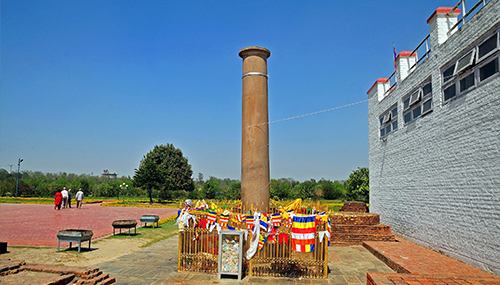Maya Devi Temple
The Maya Devi Temple is the heart of Lumbini. It is believed to be the exact spot where Queen Maya Devi gave birth to Siddhartha Gautama. The temple is surrounded by a beautiful garden and a sacred pool. Pilgrims and tourists can visit the temple and witness the historical marker that signifies Lord Buddha's birthplace.
